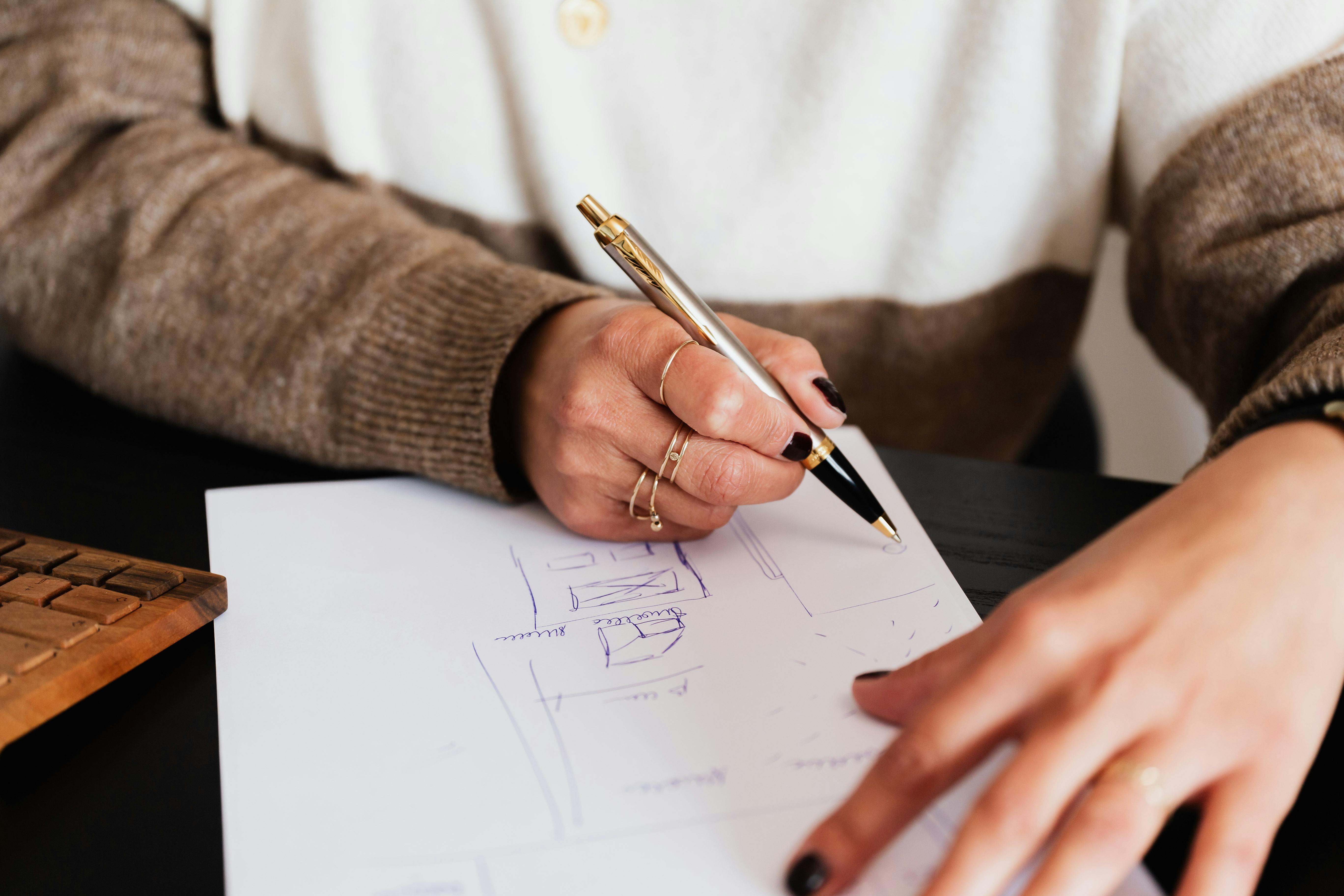Have you read Hans Christian Andersen’s book, The emperor’s new clothes? It is an old fairy tale of an emperor who loves clothes and put them on display.
If you haven’t, or the years have buried it deep in your memory, I urge you to be a good sport and read it again. Give a good lesson self awareness.
To some extent, there is a bit of that emperor in us. We cling to thoughts and beliefs fit for kings. Most of us hold these false images of ourselves down, while others flaunt them. Whether covertly or overtly, we don’t like people who tell us otherwise. Our reactions can range from an indifference, a threatening look, to a direct rebuttal that could make us lose a friend or sour a relationship.
We regard our own image as property, fenced off with signs around it that say: “Trespassers are not allowed.”
One of the most difficult things for adults to accept is that that mirror, the mirror on the wall, tells them that “You’re not as good as you think you are.”
Ironically in Mr. Andersen’s story, the boy’s innocence opened the eyes of the entire town to the nakedness of their emperor.
How nice it is to look at ourselves with the innocent eyes of a child. But that child that we carry inside no longer exists and adults do not like to appear childish.
So how can we, as adults, improve our self-awareness?
Self-help tips to improve your self-awareness:
“To say ‘I love you’, you must first know how to say ‘I'”, – Ayn Rand.
You can improve your self-awareness through books. The Internet is full of them. But real change can only happen when you turn your attention away from what’s outside and look at yourself. Focus inward, not outward.
Ask yourself, “Who am I, really?” Then she starts making a list of what he does to you.
1. Your strengths and weaknesses:
Nobody is watching you; no one looks over your shoulders. So do it as honestly as possible. Remember that you are trying to find out who you really are. The worst thing you can do is lie to yourself.
Start from the strongest to the weakest. In the secrecy of your bedroom, you can go naked. Don’t be modest or shy. Just be you.
Don’t overestimate or underestimate yourself. You are trying to figure out what you are good at and where you need to fix it.
2. Your good and bad clothes:
We all have clothes. Although some are good, the word usually has a bad connotation.
Write them all down. Separate them later as to their purpose. Save them if they help your self-awareness and change them if they don’t.
Blaming yourself if something goes wrong or praising yourself too much if it goes right are examples of habits that need to be corrected.
3. Things you like and dislike:
Consider your current situation. The things you like or dislike are dynamic. They change over time. Before I did not like tomatoes and onions. Now I take them regularly with my meals.
Just think about what matters now. Then put the reasons for your like or dislike. This can be revealing. Are your reasons based on health or simple bias based on past experiences? Do you like them because your friends like them or is it because it makes you feel good?
Do the things you love to do consume a lot of your productive time or help you achieve more?
4. Your motivation:
Are you motivated by the things other people have or do, or by your innermost desires?
Ayn Rand said: “A creative man is motivated by the desire to achieve, not by the desire to beat others.”
As simple as it is, it’s a good indicator of your self-awareness.
5. Your Core Values:
These are beliefs and convictions that guide and direct your behavior and support your purpose and vision. Your core values define who you are.
Caution: Are they really yours, do they come from deep inside of you, or do you just imitate them from a friend or someone you admire?
In our celebrity-driven society, people are prone to taking what belongs to others. They are public property anyway, we argue.
Honesty in our current society is so rare that anyone who possesses it is seen as rare or a relic of the past.
Shut off the outside world by listing your core values. Don’t worry if any of them seem like strangers to your circle of friends. You are trying to find you, not them.
6. Know what is important to you:
Like things you like and things you don’t like, this will change at any time. What is important to you now may not be so tomorrow.
Relating this kind of “importance” to your self-awareness will be like shooting a moving target.
To find out what is most important to you right now, review each item above, 1-5, and ask, “Is this important to me now?”
Many of the things that make up our self-image are things we picked up from the past. Its relevance may have decreased or increased over the years. Knowing what is important so that you can address those that are preventing you from improving your self-awareness.
In the story of the emperor’s new clothes, the emperor finally learned that he was not wearing anything. But he kept pretending that he was dressed.
You can easily fall into the same situation if you don’t have someone to tell you how close or how far you are. Call it a sounding board or a confidant. Having someone tell you how you are is not weakness. It’s Strength Knowing who or what you are through another person’s eyes requires strength, requires confidence.
And the moment you openly and willingly trust someone to tell you who you really are, the better you will know who you really are.



